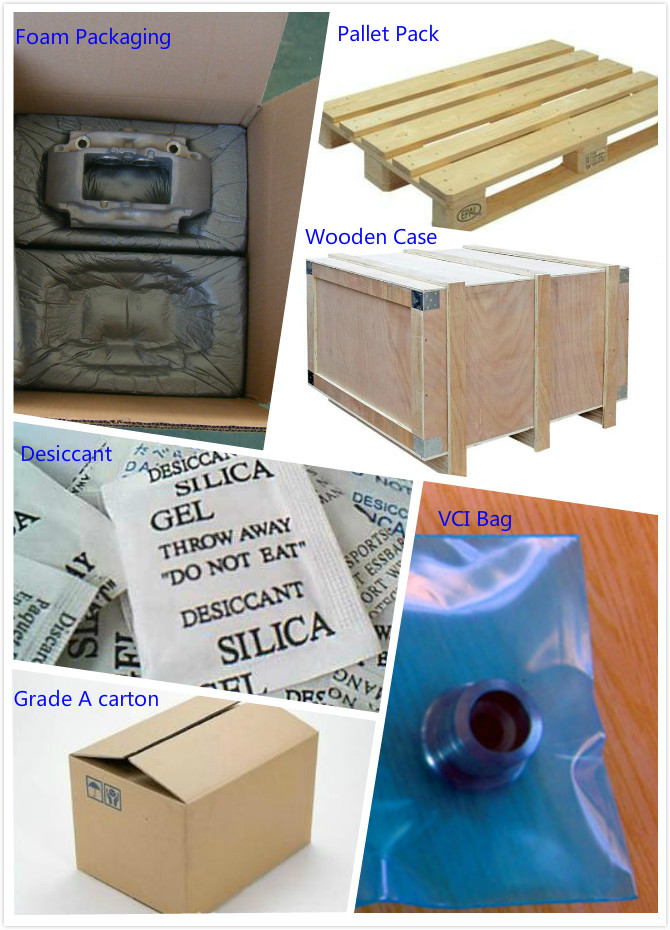![NC lathe machining NC lathe machining]()
1.4301 (X5CrNi18-10) is a German standard austenitic stainless steel , the main components of which include chromium (Cr), nickel (Ni) and iron (Fe). This material is popular for its excellent corrosion resistance, formability, weldability and mechanical properties
Composition and characteristics
1.4301 stainless steel with a basic composition of 18% chromium and 10% nickel, has high oxidation resistance and corrosion resistance, especially in high temperature and corrosive environments
Its chemical composition includes:
carbon (C) ≤0.07%
Silicon (Si) ≤1.00%
manganese (Mn) ≤2.00%
Phosphorus (P) ≤0.045%
sulfur (S) ≤0.030%
Chromium (Cr) 17.00~19.00%
nickel (Ni) 8.50~11.00%
1.4301 stainless steel is equivalent to China's 0Cr18Ni9, Japan's SUS304, the United States of America's ASTM 304, Russia's GOST 07Ch18N10, Korea's KS X04Cr19Ni9 .
Product Advantages of Precision Machining Connector Pin From 1.4301:
Excellent corrosion resistance: 1.4301 stainless steel belongs to the Austenitic stainless steel, the main components include 18% to 20% chromium and 8% to 10.5% nickel, which makes it in a variety of environments show excellent corrosion resistance, especially to acid, alkali, salt and other chemical media.
Good high temperature strength: 1.4301 stainless steel can still maintain good mechanical properties under high temperature conditions, suitable for high temperature environment equipment manufacturing.
Excellent formability and weldability: The material has good formability and can be formed by a variety of ways such as cold working and hot working to meet various design needs. At the same time, its welding performance is also very good, can use TIG, MIG and other welding methods, to ensure that the original mechanical properties and corrosion resistance can be maintained after welding.
Wide application field : 1.4301 Stainless steel is widely used in many industries. In the food and beverage industry, it is commonly used in food processing equipment and storage containers; In the chemical industry, for the manufacture of pipes, reactors and other equipment; In the construction industry, for decorative materials and structural parts; In the medical field, for the manufacture of surgical instruments and equipment; In the field of home appliances, it is used for outer shells and internal parts such as washing machines and refrigerators.
Long life and high strength: 1.4301 Stainless steel has a long service life, usually reaching decades or even longer, thanks to its excellent corrosion resistance and strength. In addition, the material has good fatigue resistance and is suitable for applications where mechanical loads are borne for a long time.
Product Use of Precision Machining Connector Pin From 1.4301:
Electronics & Telecommunications: Deployed in miniature connectors, PCB headers, and signal transmission systems where corrosion resistance and stable electrical conductivity are critical.
Automotive Systems: Integrated into sensors, ECU modules, and powertrain components to withstand vibration, temperature fluctuations, and exposure to automotive fluids.
Aerospace & Defense: Utilized in avionics, navigation systems, and mission-critical assemblies demanding lightweight yet robust materials with exceptional fatigue resistance.
Industrial Machinery: Applied in automation equipment, robotics, and CNC tooling for reliable signal/power connectivity in high-stress, high-cycle environments.
Medical Devices: Incorporated into diagnostic instruments and surgical tools, benefiting from the material’s biocompatibility, sterilizability, and precision tolerances.
Energy & Marine Systems: Ideal for offshore platforms, renewable energy installations, and subsea connectors due to superior resistance to saltwater corrosion and oxidation.
The pin’s customizable geometry, coupled with 1.4301’s weldability and polishability, ensures seamless integration into complex assemblies. Compliance ISO 9001 and RoHS/REACH standards further supports its adoption in regulated industries requiring traceability and environmental safety.
Packaging:
![machining]()
FAQ
1Q: What tolerance levels can be achieved with CNC machining for these pins?
1A: CNC machining enables micrometer-level tolerances (typically ±0.01 mm), ensuring precise fitment and consistent performance in high-precision assemblies.
2Q: Are these pins customizable to non-standard designs?
2A: Yes, we fully tailor pins to client specifications, including custom thread patterns, port configurations, and sizes, using CAD/blueprint-driven production for seamless integration.
3Q: Do your pins comply with industry-specific certifications?
3A: Our production adheres to ISO 9001 quality standards, with optional RoHS/REACH compliance documentation to meet environmental and regulatory requirements.
4Q: What reports will you provide when you submit the samples?
4A: Dimensional report with bubbled print, raw material cert.
5Q: Can you provide PPAP documents?
5A: Yes, if customer requires. But this will cost additional fees.































